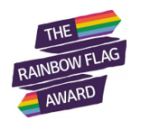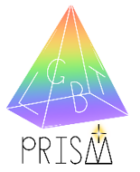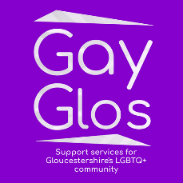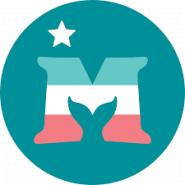LGBTQ+ Information for Parents

Many young people will come to conclusions about their sexual orientation and gender identity during their teenage years. This is during a time of already immense change.
In a world which still views being heterosexual as ‘normal’, gender as being the same as the biological sex you were born with, and anything else as ‘different’, coming out can really add to the pressure and anxiety that young people feel.
The increased risk of poor mental health and being LGBTQ+ is well documented. Being LGBTQ+ doesn’t cause these problems. But some things LGBTQ+ people go through can affect their mental health, such as discrimination, homophobia or transphobia, social isolation, rejection, and difficult experiences of coming out.
Embracing being LGBTQ+ can have a positive impact on someone’s wellbeing. It might mean they have more confidence, a sense of belonging to a community, feelings of relief and self-acceptance, and better relationships with friends and family.
In response to these issues Chosen Hill School is aiming to become a positive LGBTQ+ inclusion school. To help us achieve this goal we are excited to announce that we have enrolled on the Rainbow Flag Award. This is a quality assured whole school approach framework towards LGBTQ+ inclusion, as well as developing strategies to effectively challenge and combat LGBTQ+ phobic bullying. It is aimed at improving the lives of all the young people within the school, as well as the LGBTQ+ young people in our care, those from LGBTQ+ families, and LGBTQ+ staff members.
"Coming out" is a lifelong journey of understanding, acknowledging and sharing one's gender identity and/or sexual orientation with others. It may be quick and easy for some, or longer and more difficult for others.
It is important for parents of lesbian, gay, bisexual, transgender, and questioning (LGBTQ) teens to remember each child is unique and will have their own experiences and feelings along the way.






